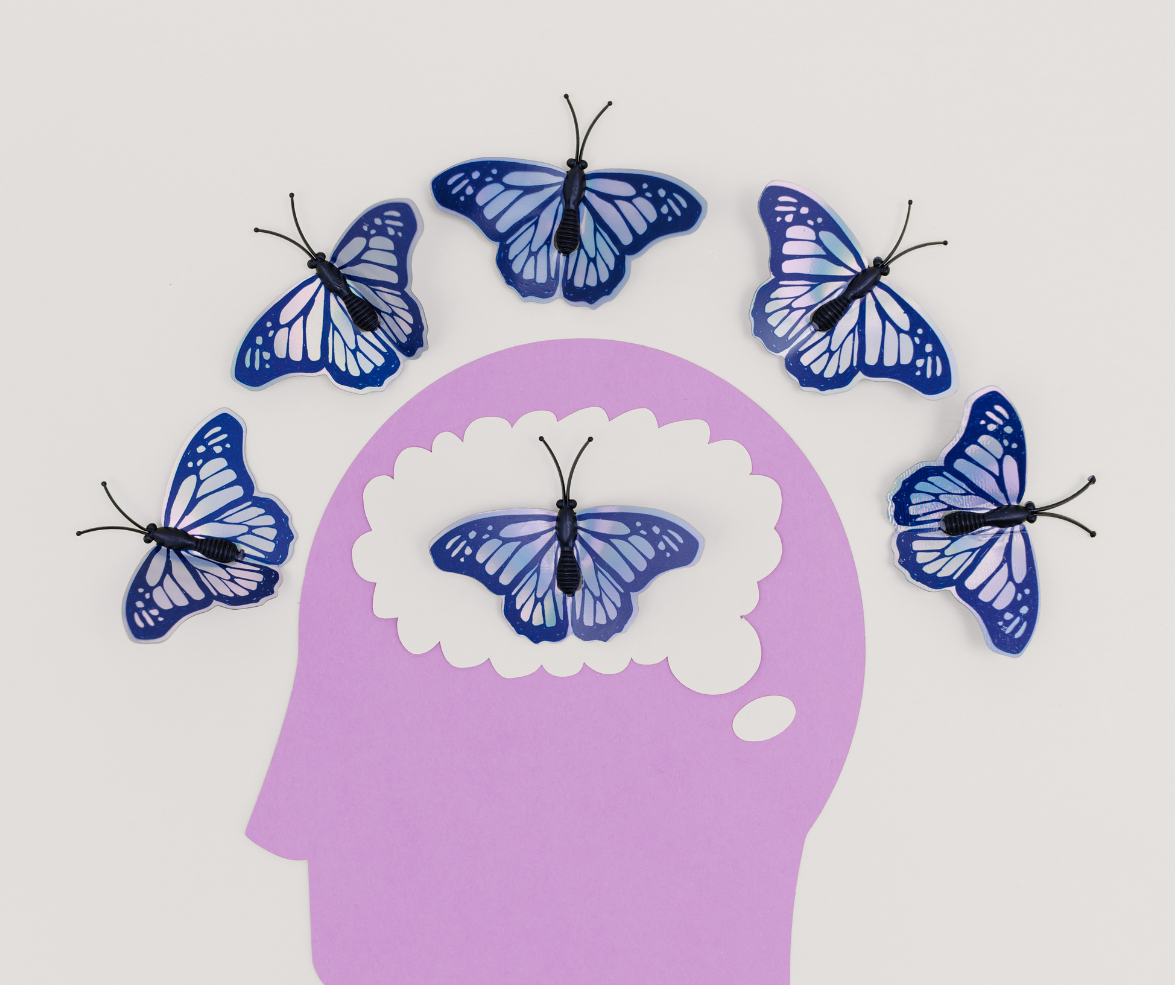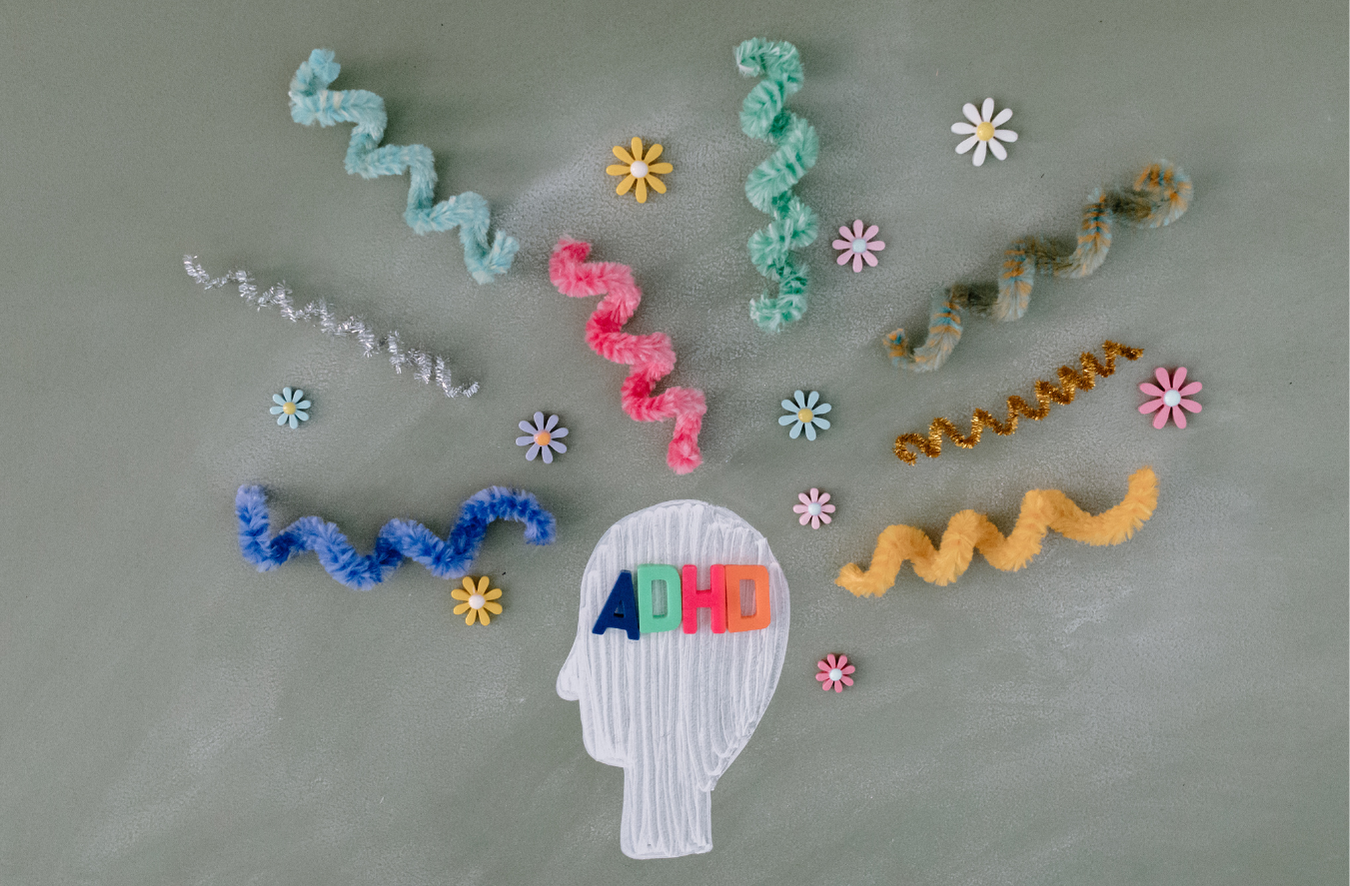5 Best Antioxidant Drinks You Should Be Adding To Your Diet Today
More people are beginning to understand how daily nutrition affects mental health. What we eat and drink also impacts our focus, mood, and energy. While therapy, medication, and lifestyle changes all play a role in mental wellness, small dietary choices can support those efforts.
One example is antioxidant-rich drinks. These beverages help reduce stress at the cellular level, which may support brain health and emotional balance over time. They're easy to add to a daily routine and don't require major changes or strict diets.
This blog will highlight the five best things to consider adding to your day. We'll also help you understand the difference between natural and packaged options, and how to choose what works for you.
What Are Antioxidant Drinks?
Antioxidant drinks are natural compounds that help the body manage and reduce damage caused by stress, pollution, and everyday wear and tear.
Our body produces molecules called free radicals during everyday activities like digestion, exercise, or when you experience emotional or environmental stress. When too many free radicals accumulate, they cause oxidative stress, which can harm cells. Over time, this can affect your physical and mental health, leading to fatigue, low mood, or brain fog.
Antioxidants step in to neutralize these free radicals. They don't eliminate stress but help your body recover and stay balanced.
When you drink antioxidant drinks like green tea, berry smoothies, or pomegranate juice, you give your body a quick and easy way to absorb these helpful nutrients. These drinks don't replace meals or treatment but offer a simple way to support your overall mental well-being.
Benefits of Antioxidant Drinks for Mental and Physical Health
Antioxidant drinks can support both short-term and long-term health in measurable ways:
- Support brain function and memory: Drinks rich in polyphenols, like blueberry juice, may improve working memory and cognitive performance in younger and older adults.
- Help regulate inflammation: Ingredients like pomegranate and beetroot contain compounds that help the body manage inflammation, linked to mood disorders and chronic physical conditions.
- Improve blood flow and oxygen delivery: Nitrate-rich drinks, such as beet juice, support healthy circulation, which may improve focus and physical endurance.
- Provide steady, natural energy: Drinks like green tea and matcha offer low doses of caffeine paired with L-theanine, which helps maintain calm alertness without the crash.
- Protect against cellular damage over time: Regular intake of antioxidant-rich beverages may reduce the risk of chronic diseases by limiting oxidative stress and supporting the body's repair processes.
Top 5 Antioxidant Drinks to Add to Your Diet
Many antioxidant-rich drinks are easy to include in your routine. These five stand out for their meaningful antioxidant compounds and practical everyday use. Below is a breakdown of what each offers and how they may support your mental and physical health.
1. Green Tea
Green tea contains catechins, antioxidants that help reduce inflammation and protect brain cells. One of the most studied catechins in green tea is EGCG (epigallocatechin gallate), which supports cellular health and may improve attention and memory over time.
Green tea also contains L-theanine, an amino acid that promotes a calm, focused state.
How to use: Drink 1–2 cups daily, ideally without added sweeteners. It's best brewed fresh, but cold-brewed or unsweetened bottled versions are also effective.
2. Pomegranate Juice
Pomegranate juice contains high levels of polyphenols, especially punicalagins and anthocyanins. Research shows these compounds reduce oxidative stress and inflammation.
This juice is particularly rich in antioxidants compared to many other fruit juices, but it also contains natural sugars, so portion size matters.
How to use: Stick to a 4–6 oz daily serving. Look for 100% pure pomegranate juice with no added sugar. You can also add it to smoothies or mix it with sparkling water.
3. Blueberry Smoothie
Blueberries are rich in anthocyanins, antioxidants that may support brain health, especially memory and processing speed. Blending blueberries into a smoothie helps preserve their nutrients while making them easier to consume in larger quantities.
Adding protein, healthy fats, or fiber (like chia seeds or Greek yogurt) can help slow sugar absorption and make the smoothie more balanced.
How to use: Blend ½ to 1 cup of frozen or fresh blueberries with almond milk, yogurt, or oats. For added benefits, you can also add leafy greens or flaxseed.
4. Beetroot Juice
Beetroot juice contains nitrates, which the body converts into nitric oxide, which helps improve blood flow. Better circulation means more oxygen reaches the brain, which may help with focus and physical stamina.
Beets also provide betalains, antioxidants with anti-inflammatory effects. Some small studies suggest beetroot juice may support cognitive performance in older adults.
How to use: Start with 4 oz per day, especially if you're new to it, as it has a strong taste. To make it more palatable, mix it with apple, lemon, or ginger juice.
5. Matcha or Antioxidant Energy Drink
Matcha is a powdered form of green tea made from whole, ground leaves, which makes it more concentrated in antioxidants, especially EGCG. Like regular green tea, it contains L-theanine, which may help promote calm alertness.
Some prefer antioxidant-focused energy drinks, often made with green tea extract, adaptogens, or fruit-based antioxidants. These can be convenient, but it's important to check ingredients and avoid excess sugar or synthetic stimulants.
How to use: If using matcha, whisk ½ to 1 teaspoon into hot (not boiling) water or milk. For energy drinks, choose those with natural caffeine sources and less than 8g of sugar per serving.
Difference of Natural and Packaged Antioxidant Drinks
Not all antioxidant drinks offer the same benefits. Natural and packaged options differ in how manufacturers make them, what ingredients they include, and how they impact the body.
Natural Antioxidant Drinks
Natural antioxidant drinks come from whole-food sources, such as fresh fruits, vegetables, teas, and herbs, with minimal processing. These include:
- Homemade smoothies made with berries, leafy greens, or seeds
- Freshly brewed teas (like green tea or hibiscus)
- Cold-pressed juices without added sugars or preservatives
Because they use real, whole ingredients, natural drinks also contain fiber, vitamins, and other plant compounds that support digestion, mood regulation, and blood sugar stability.
Packaged Antioxidant Drinks
Packaged drinks are more convenient but often contain added sugars, artificial flavors, or preservatives. These can include:
- Bottled teas or juices
- Ready-to-drink smoothies or "functional" beverages
- Energy drinks labeled as antioxidant-rich
Manufacturers can still include authentic antioxidant compounds in some packaged drinks, especially when using concentrated extracts such as green tea, acai, or pomegranate. However, the levels can vary widely, and added ingredients, especially high sugar content, can reduce their overall benefit.
What to Look For
If you're choosing a packaged drink, read the label carefully. A good product should list:
- Whole food-based ingredients (e.g., "blueberry puree" vs. "natural flavors")
- Low or no added sugar (ideally under 8g per serving)
- No artificial dyes or sweeteners
Drinks with added fiber and minimal processing often retain more original nutrients.
Conclusion: Choosing the Right Drink for Your Skin, Energy, and Brain
There is no single antioxidant drink that works best for everyone. What matters most is choosing options that are realistic to maintain. The key is consistency.
These drinks can offer steady support for mental clarity, energy, skin health, and overall well-being, but they work best as part of a broader approach to health. Paying attention to how your body responds is as essential as the ingredients.
Start with one small change. See how it feels. Over time, simple additions like these can become part of a routine that supports your mind and body in lasting ways.
Frequently Asked Questions About Antioxidant Drinks
Which drink is highest in antioxidants?
Matcha and pomegranate juice are among the highest. Matcha contains concentrated green tea antioxidants, such as EGCG, while pomegranate juice is rich in polyphenols, including punicalagins and anthocyanins. Both have consistently high antioxidant scores compared to other common beverages.
What does an antioxidant drink do for you?
Antioxidant drinks help the body manage oxidative stress, which can build up from a poor diet, chronic stress, or lack of sleep. By supporting your cells' ability to recover, these drinks may support circulation and reduce inflammation that can affect mood and energy levels. Over time, they contribute to better brain function and overall resilience.
Is it okay to drink antioxidants every day?
Consuming antioxidants daily is safe, especially from natural sources like fruits, vegetables, teas, and herbs. Consistent intake benefits the body, but balance matters. Overusing supplements or high-sugar drinks can reduce the benefits.
Which is the strongest antioxidant?
There isn't a single "strongest" antioxidant, as different types work differently. However, EGCG (found in green tea and matcha), resveratrol (from grapes), and anthocyanins (from berries) are among the most studied and effective for reducing oxidative stress.
Start Your Functional Medicine Plan for Better Brain and Body Health
If you're feeling mentally drained, physically sluggish, or unworthy, remember that there's often more going on beneath the surface.
At Infinite Potential, we take a whole-person approach to mental health. We examine how nutrition, stress, lifestyle, and emotional health work together and help you find realistic steps to feel more like yourself again.
If you're curious about how functional medicine could support your brain and body, we're here to help.











